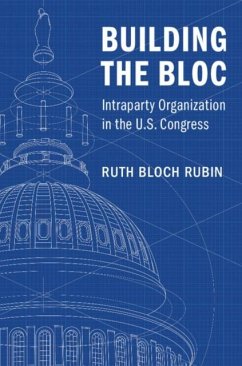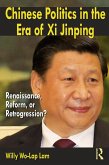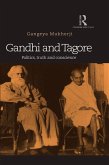Traversing more than a century of American history, this book advances a new theory of congressional organization to explain why and how party dissidents rely on institutions of their own making, arguing that these intraparty organizations can radically shift the balance of power between party leaders and rank-and-file members. Intraparty organizations empower legislators of varying ideological stripes to achieve collective and coordinated action by providing selective incentives to cooperative members, transforming public-good policies into excludable accomplishments, and helping members to institute rules and procedures to promote group decision making. Drawing on rich archival evidence and interview data, the book details the challenges dissident lawmakers encounter when they face off against party leaders and their efforts to organize in response. Eight case studies complicate our understanding of landmark fights over rules reform, early twentieth-century economic struggles, mid-century battles over civil rights legislation, and contemporary debates over national health care and fiscal policy.
Dieser Download kann aus rechtlichen Gründen nur mit Rechnungsadresse in A, B, BG, CY, CZ, D, DK, EW, E, FIN, F, GR, HR, H, IRL, I, LT, L, LR, M, NL, PL, P, R, S, SLO, SK ausgeliefert werden.









